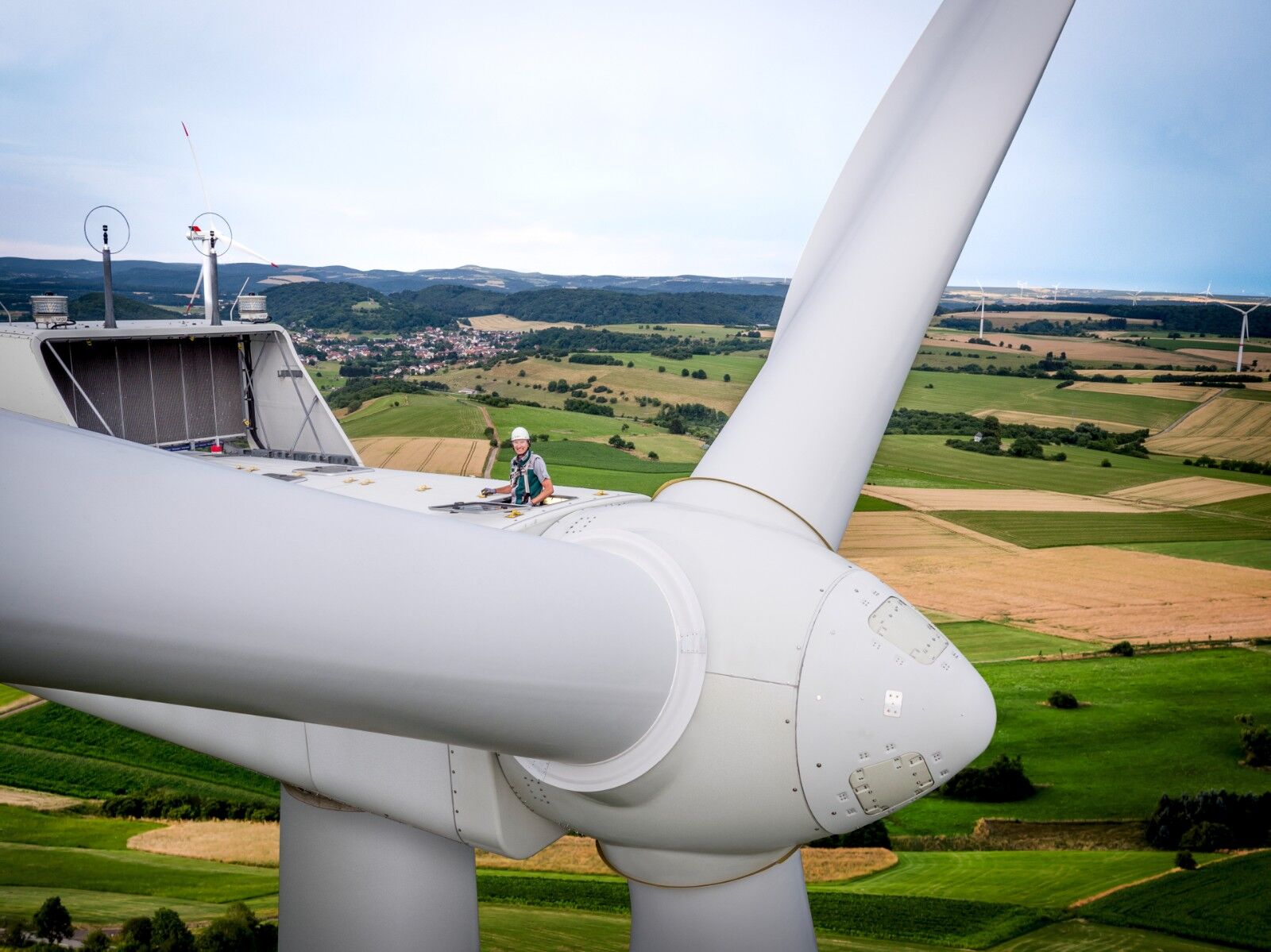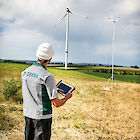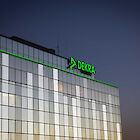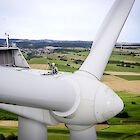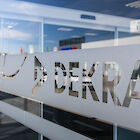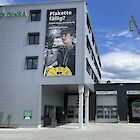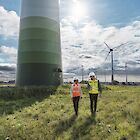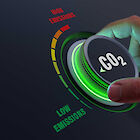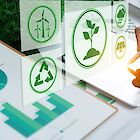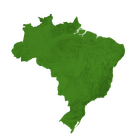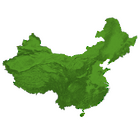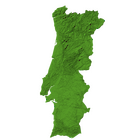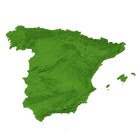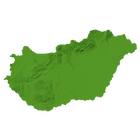TIC sector
does system-relevant work
In practice, companies have to overcome two decisive hurdles in particular: firstly, technical feasibility and secondly, credible communication of target achievement. In order to actually comply with legally prescribed carbon limits and self-imposed climate targets for example, it is not enough to simply change behavior. Rather, investments in technical innovations are also unavoidable - whether in terms of mobility, the real estate portfolio or production processes. It is also important to be able to provide plausible evidence of the successes achieved.
In both cases - technical feasibility and credible communication - the expertise of independent third parties from the TIC sector is more in demand than ever. And there are several reasons for this: Expert organizations such as DEKRA have the necessary know-how to advise on the implementation of the technical and organizational processes required in each case. In accordance with the third-party principle, they guarantee safety with testing, inspection, certification and audit services in accordance with recognized international and national standards and norms. DEKRA evaluates the quality and performance of processes, products and systems in this way and identifies weaknesses, enabling the introduction of tailored improvement measures.
Continuous development of the
sustainability strategy
In addition to the expert services, DEKRA has initiated and implemented numerous internal measures to implement its own sustainability strategy. For example, programs to increase energy efficiency in buildings, the switch to renewable energies, increasingly paperless processes, the reduction of travel and vehicle fleet emissions, virtual meetings, employee surveys, sustainability training and, last but not least, the promotion of diversity and inclusion. DEKRA also undergoes external ratings and ensures stakeholder participation as well as obligations and audits of suppliers with regard to their sustainability.
Our goal is to achieve further major progress in the four identified areas of corporate sustainability by 2025: i.e. in
- Climate & Environment
- Employees & Society
- Supply and Value chain
- Management & Governance.
The DEKRA strategy is based on internationally recognized procedures, standards and management systems. For example, in terms of environmental management and occupational health and safety management, the relevant ISO standards (ISO 14001, ISO 45001), the GHG Protocol, CDP and the Science Based Targets Initiative (SBTi). In the area of social standards, we are guided by the ILO core labor standards, the UN Guiding Principles on Business and Human Rights and the Diversity Charter. We are also committed to the ten principles of the UN Global Compact (UNGC) and the UN Sustainable Development Goals (SDGs).
DEKRA always focuses on reducing the negative effects of its own business activities and increasing the positive effects, as well as developing innovative solutions for a sustainable future that conserves resources in every respect. To date, DEKRA has strictly adhered to the criteria of the German Sustainability Code (DNK).
Materiality
has high priority
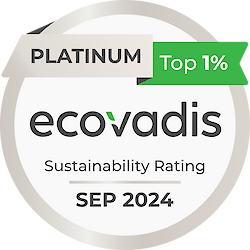
It goes without saying that the expert organization will continue to consistently pursue its chosen path. The targets achieved in the last two years alone, which are described in detail in this sustainability magazine, and the Platinum sustainability rating awarded by EcoVadis in 2024 with the distinction “Outstanding” (86/100 points) are confirmation of the successful course of this strategy and at the same time an unmistakable mandate for a global future. After all, the TIC industry is facing numerous challenges as globalization continues to advance. Examples include the increase in standards and regulations, ever more complex processes and technologies, as well as the growing fundamental need for safety and sustainability in all areas of life.
As the largest independent, non-listed expert organization in the TIC sector worldwide, DEKRA therefore focuses on sustainability wherever services have the greatest impact. At the same time, DEKRA focuses on areas where external factors have a significant influence on business activities and are highly relevant for stakeholders and their decisions.
Not only internal processes and procedures play a key role here, but also the mutual exchange with customers and suppliers as well as with political representatives, associations, business and research or NGOs. Through stakeholder surveys, the expert organization regularly reviews the key sustainability topics according to its four fields of action: Environment & Climate, Employees & Society, Management & Governance and Supply & Value Chain. As a result of the materiality analysis resulting from the last stakeholder survey, the following topics were identified as material:
- Carbon emissions and climate protection
- Energy efficiency and sustainable buildings
- Services/solutions relating to sustainability
- Health and safety
- Employee development and training
- Diversity, anti-discrimination, inclusion and equal opportunities, and
- Compliance, integrity and ethical behavior.
The aim of the questionnaires is to continuously develop DEKRA's strategic orientation and to further accelerate the corresponding sustainability activities in line with the results. And this as a continuous process.
